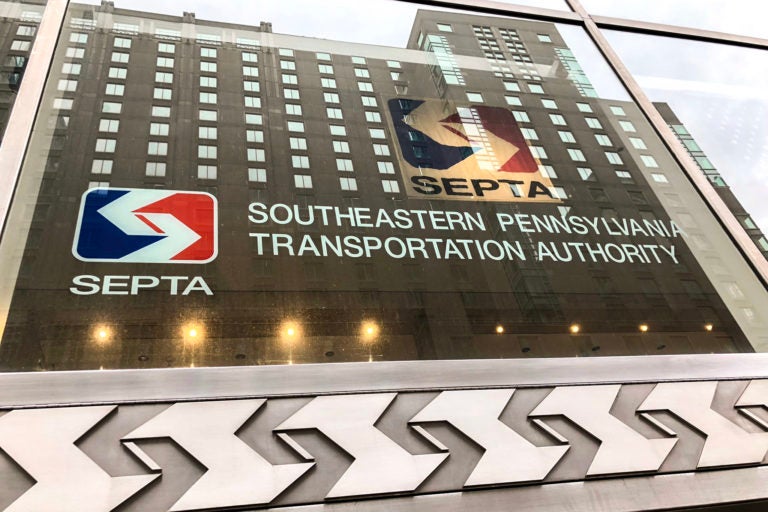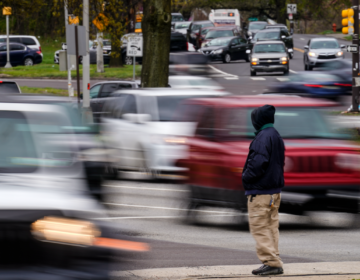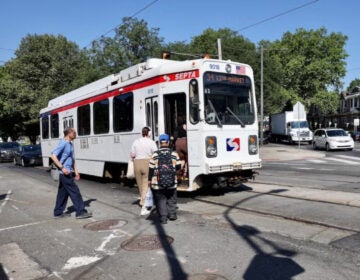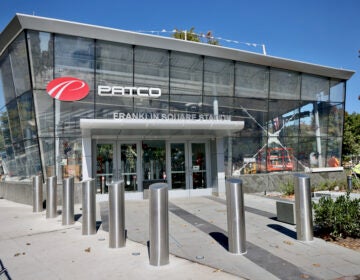SEPTA gets pushback on ‘Bus Revolution’ plans at City Council hearing
Opponents of the SEPTA ‘Bus Revolution’ said the plan would make it more difficult to use the transit system, especially for students and seniors.

SEPTA headquarters (Danya Henninger/Billy Penn)
Philadelphia City Council heard arguments for and against SEPTA’s so-called Bus Revolution plan at a hearing Monday. The effort to overhaul bus routes has drawn objections from riders where stops would be eliminated.
SEPTA’s Leslie Richards said the route redesign is something that hasn’t been done in 60 years and if not done now, it could lead to service cuts when federal pandemic funding runs out. “That is in 2025, which is not so far away,” Richards said. “What tends to happen when transit agencies cut service is that ridership drops, and that reduces revenue and then we have to cut again.”
Richards added some SEPTA buses are traveling at less than half the speed of buses in other major cities, so the transit agency needs to come up with ways to make the routes more efficient.
Opponents of the changes said more dedicated bus routes and better enforcement of the existing routes would make a trip via mass transit trip better and more attractive to car-loving commuters.
Councilmember Curtis Jones said redesigning the routes could negatively impact the people who need the service the most. “A simple change in a route to us might be catastrophic to a kid who didn’t want to go to school in the first place, to a person that might skip a doctor’s appointment because it’s too complicated to get there,” Jones said.
About 60 members of the public signed up to speak, many claiming the transit agency wasn’t giving proper notice of the hearings, although SEPTA officials said they have had participation via both live and virtual meetings with commuters.
“We’re doing that according to the feedback that we’re hearing,” Richards said, “to ensure we’re developing better route alternatives to take our existing 3.8 million hours of service. That is the number of hours on an annual basis that we provide.”
Others called for more equity and inclusion, and said the buses are used by more Black and brown people, while others have the convenience of the regional rail lines which don’t deal with the traffic congestion, construction delays, and other issues that bus riders must contend with.
Many senior citizens also testified that transferring between buses is difficult for people with limited mobility. It’s also a challenge for students riding the buses.
Carol Foy, a member of the group Philly Thrive said she’s been riding the Route 12 bus since childhood.
“I am 70 years old, and I have been riding the 12 bus since I was a kid living down at 22nd Street, now I live in the Grays Ferry area,” she told councilmembers. “I say please don’t stop that bus because that bus takes people to the doctors, takes them shopping, takes them to the hospital, and takes them downtown.”
The planned changes haven’t been finalized yet. SEPTA officials say they will continue to gather community input and offer updates on possible changes to the proposal in the coming months. The final plan is expected to be implemented this fall.

Get daily updates from WHYY News!
WHYY is your source for fact-based, in-depth journalism and information. As a nonprofit organization, we rely on financial support from readers like you. Please give today.






